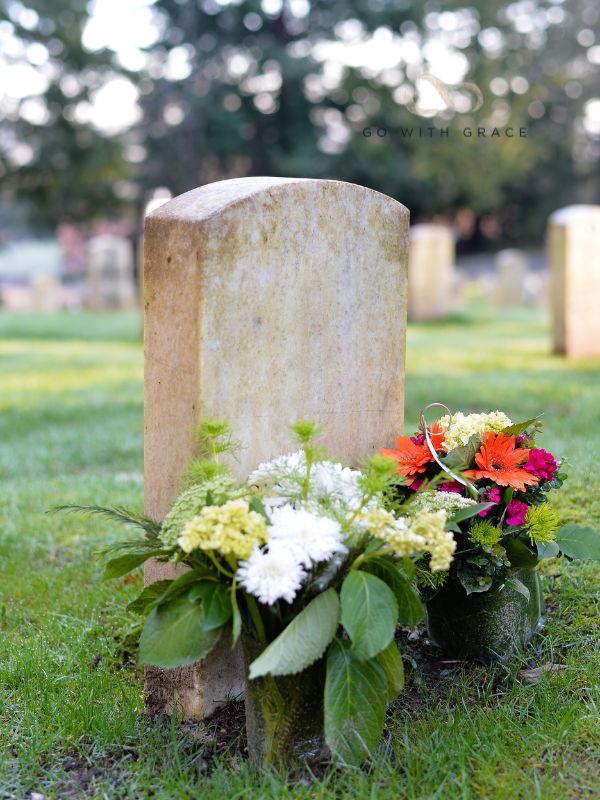Legal Framework Around Death
It can feel like there are a lot of rules, paperwork and requirements to follow when it comes to death.
Here we explain these requirements, why they are in place, and what you can and cannot do so that you feel empowered in your journey.
Legal requirements when someone dies
Burial and Cremation Act 1964
The Burial and Cremation Act 1964 is why the only options available here in New Zealand are burial, cremation or donating to medical science and why there are such strict rules around burial and cremation. The laws about burial grounds do not apply to Urupā reservations (Māori burial grounds) Read more.
Health (burial) Regulations 1946
These regulations dictate the rules around funeral directors and mortuaries. They also specify the requirements for handling and transportation of dead bodies. It’s worth noting that there’s no specific time when a body must be buried or cremated. Section 35(a) just requires it to happen ‘before a nuisance is created by decomposition’. This means you can take the reasonable time you need to say goodbye.
Cremation Regulations 1973
These regulations specify how crematoria must operate, their duty to ensure cremation is conducted safely, appropriately and with adequate record keeping and controls. It also sets out the requirements for conducting a cremation outside of a crematorium, as preferred by some religious denominations. There are very tight controls around this and permission needs to be granted by a medical officer.

Who makes decisions once someone dies?
Once you die, the power to make decisions (for example relating funerals and burial) lies with the executor or administrator of your will.
Prior to death, decisions about care and welfare are likely to be taken by either someone appointed under a power of attorney or the next of kin. Often the personal representatives will be the same people but that is not necessarily the case.
Wills frequently (but not always) contain funeral instructions so it can be worth checking the will.

Frequently Asked Questions
According to case law in New Zealand, it is the executor of your will that has the primary responsibility to either organise or delegate organising your funeral. They also have the legal authority (established by the New Zealand Courts) to override family wishes, and even your own wishes unless those wishes are expressly directed in your will.
You can be buried on private land, but only if: The local council gives approval; The burial site is formally recorded on the land title; Public health and environmental requirements are met.
This is an uncommon practice and can affect future sale or use of the land.
In 2013 the New Zealand Law Commission conducted a review into the legal framework for burial and cremation in New Zealand. They wanted to assess whether the current legal tools and requirements were fit for purpose and met the diverse needs of New Zealanders. They recommended that the law be amended to better meet people’s needs and simplify processes. In 2016 the government acknowledged this report but has not committed to any legislative changes.
Existing family burial grounds (often historic or rural) may still be used if: They are legally recognised; The burial complies with council and public health rules.
Cultural Perspective
Māori burial grounds (Urupā)
An urupā is a sacred place where traditionally, tangata whenua are laid to rest. In the Maori dictionary, it is translated as burial ground, cemetery, graveyard.
Urupā are recognised under the Burial and Cremation Act 1964. Many are protected under the Te Ture Whenua Māori Act 1993. Historic urupā may also be protected under heritage and wāhi tapu provisions. Once land is set aside as an urupā, it is usually protected from development or sale.
Burial in an urupā is only permitted where permission is given by the trustees, whānau, or iwi responsible for the land.
